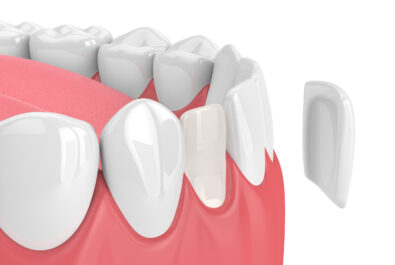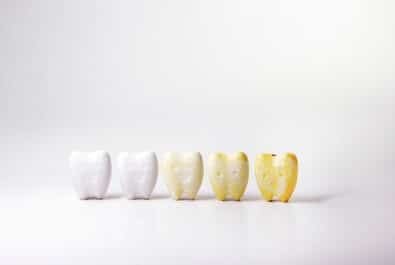Have you ever spent time trying to figure out how a dental implant can fail? Are you someone who likes to receive as many details as possible, so you understand the behind-the-scenes way things work, rather than simply receiving some superficial information? If so, you may be curious about how your gum health can affect implant failure (or success, of course). Take a moment to become more familiar with why it’s so important your gums stay healthy and how to avoid any missteps along the way.
Your Gum Health
Think about your dental implant and its location within your mouth. Part of it is fused with your jawbone and then your gum tissue surrounds the rest. If you know anything about gum disease, you know that it can damage not only your gums and ligaments but that it can lead to the destruction of your jawbone (the very tissue providing a solid foundation for your implants). When your gums become inflamed and diseased around your implant (a problem we call peri-implantitis) it can negatively impact the success of your tooth replacement as well as other tissues in your mouth.
Avoiding Gum Problems
There are the straightforward, obvious causes of gum disease that can affect your dental implants. Then, there are the less apparent risk factors. To begin, the approach to protecting not only your gums but also your comprehensive oral health is brushing and flossing and professional dental cleanings. Brushing twice daily and flossing once daily (and visiting us for your cleaning twice annually) is what you need. As for factors that encourage the chance you will develop gum inflammation: Smoking, genetics, changes in hormones, other illnesses, and more may come into play. Keep your visits with us consistent, so we can help you avoid possible damage.














